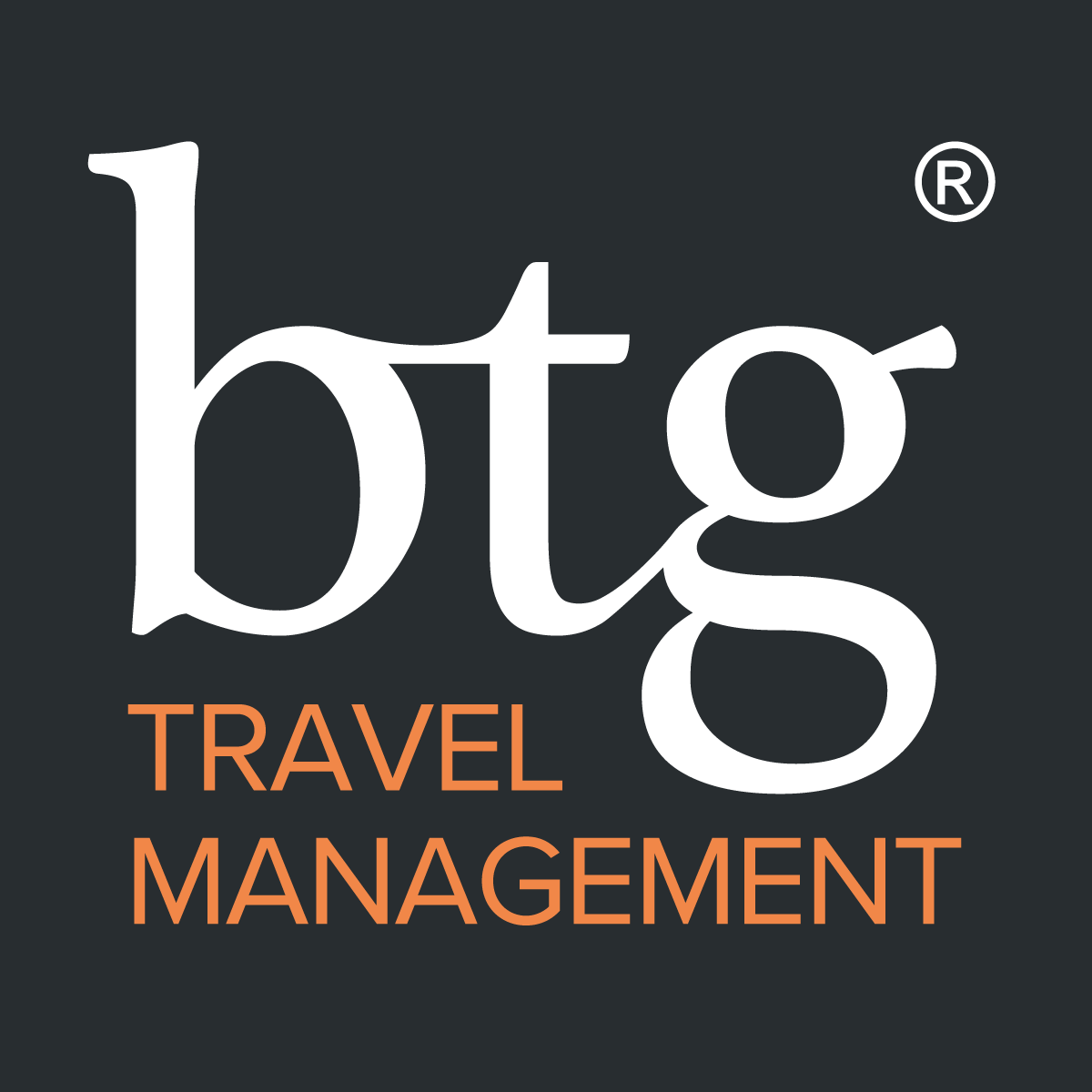7 tips for budget-friendly school trips
As a teacher, volunteer or member of the PTA, planning a school trip can be one of the most rewarding yet financially challenging tasks you have to deal with.
Not only are you juggling the travel arrangements of a large number of kids (sometimes an entire class) but you’ve also got to think about meals, activities, logistics, safety and of course, the cost.
Sure, you wish you could just pay someone to sort everything out for you! But that’s certainly not within the budget.
The good news is, we’re here to tell you that a memorable and educational school trip doesn’t have to break the bank. With careful travel planning and creativity, you can organise an enriching experience that stays within your budget.
Here are seven tips to help you plan a budget-friendly school trip without compromising on fun activities and exciting learning experiences.
1. Start planning your trip as early as possible
One of the simplest ways to save money on your school trip is by planning ahead as much as you can.
The earlier you book group flights, accommodation, activities, etc., the more likely you are to receive early booking discounts. For example, some activities or venues may offer early bird rates or group discounts that can be locked in months in advance.
Not only that, but it also gives parents plenty of time to budget and prepare for trips, and it gives schools the opportunity to fundraise or secure funds if needed.
2. Work with group travel specialists
For longer or international trips, working with group travel specialists, such as flight consolidators and group travel agents, can be a real lifesaver.
These companies specialise in booking group flights and accommodations and can usually get you a better rate than using comparison sites or working this out on your own.
They are also on hand to tackle the logistics because, let’s face it, booking flights or finding accommodation for 20+ children is no small task! And in some cases, they can offer more flexible payment plans, easing the financial strain.
3. Get creative with your fundraising efforts
If your school trip stretches beyond the budget provided by the school - or perhaps there’s no real budget at all - you might need to get creative with your fundraising efforts. The first thing you should do is involve the students and parents.
There are loads of great ways to do this; you could do a bake sale, car wash, sponsored walks or other fun crowdfunding ideas that can help you offset the cost of the trip.
Alternatively, you could partner with businesses or sponsors. Many local businesses will be happy to support educational initiatives in their community.
So, consider reaching out to local retailers, companies or larger chains for sponsorships or donations. In return, you can offer to feature their support in your school newsletter, on your website or around the premises.
Even the smallest contributions can make a big difference to your overall total. Just make sure you are always transparent about the financial goal and the purpose of your fundraising trip, as this can encourage even more participation and support from the local community.
4. Secure external funding if required
Though not every school trip is eligible, if you can prove a strong educational component to your trip, you may be able to secure government funding or grants.
For example, schools planning international placements can apply through the UK’s Turing Scheme, which provides financial support for global learning experiences.
There might also be other grants or opportunities for funding from your local government, educational charities or foundations that support youth travel.
So, make sure to do your research and see what’s available to your students. This can make funding these exciting and life-changing travel experiences easier.
5. Be smart about how you get around
Transportation, especially for large groups of students, can quickly become one of the biggest expenses for a school trip.
To keep costs low, you need to be smart about how you travel. You should consider public transport if it’s safe and feasible. Many cities will even offer discounted rates for school groups.
Alternatively, it might be easier and more cost-effective to put that money towards hiring a bus, rather than individual vehicles, when dealing with larger groups.
The best thing to do is to carefully compare your options and inquire about any school or group discounts that could help save you money when out and about.
6. Seek out free or discounted activities
When planning activities and which attractions to visit, you can see real savings on your trip if you choose those that are heavily discounted or even free.
There are loads of museums, cultural centres and educational venues around the globe that offer free admission or discounted group rates for schools. Some may even have special programs or guided tours tailored for students at no extra cost.
So don’t hesitate to reach out directly to these venues to ask if they have any education packages or special rates for school groups.
You should also conduct research to find out which attractions in the area are free to visit and incorporate these into your trip if relevant to your students and their learning or cultural experiences.
7. Let BTG Travel Management help
Finally, at BTG Travel Management, we understand how quickly the cost of school trips can mount up and the pressure this puts on both teachers and parents. That is why we do all we can to help you secure the best and most affordable group flights for your students.
As well as following our expert advice above, you should also get in touch with our talented team of flight specialists today to find out how they can help you plan a budget-friendly educational experience.

